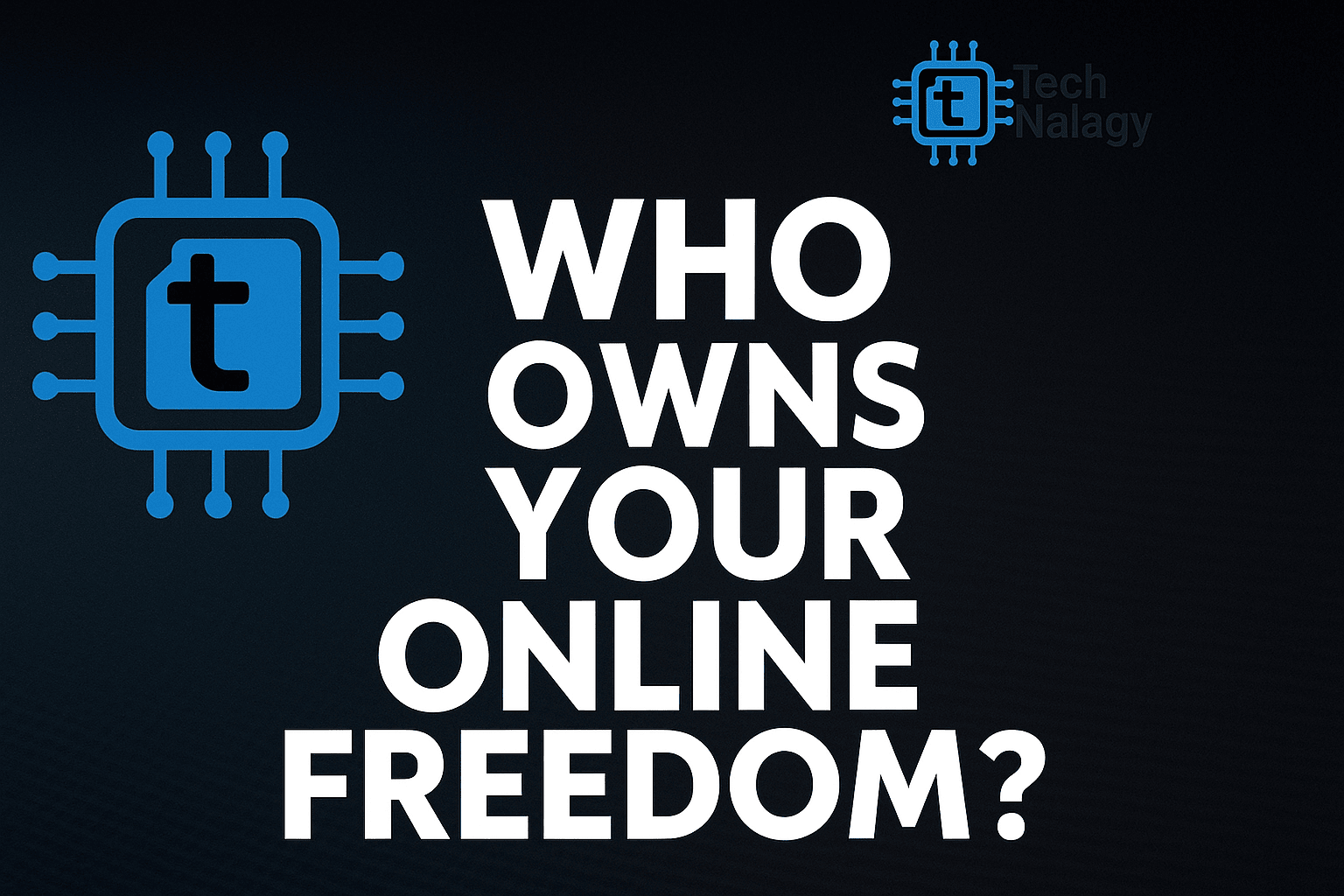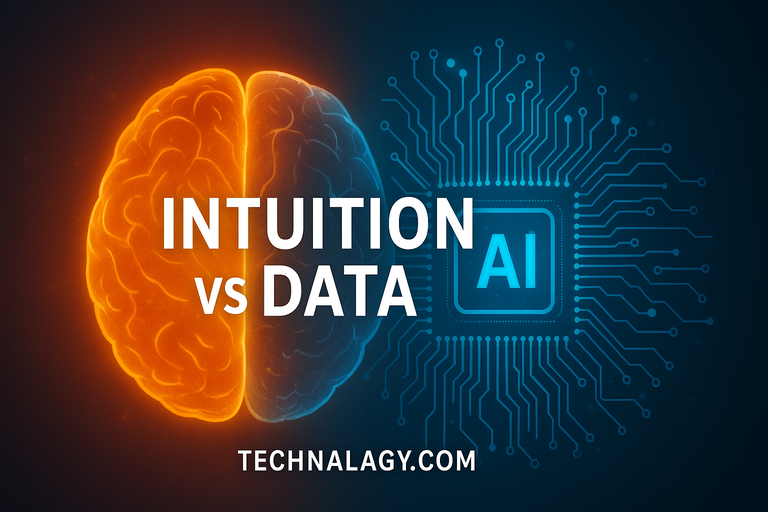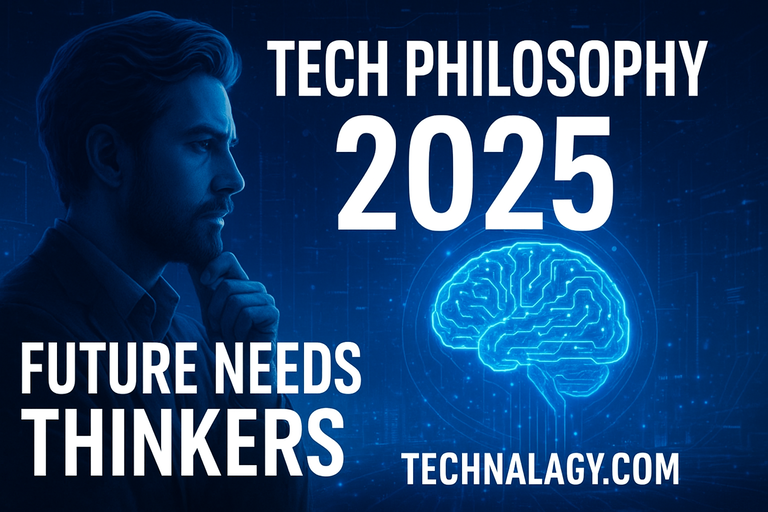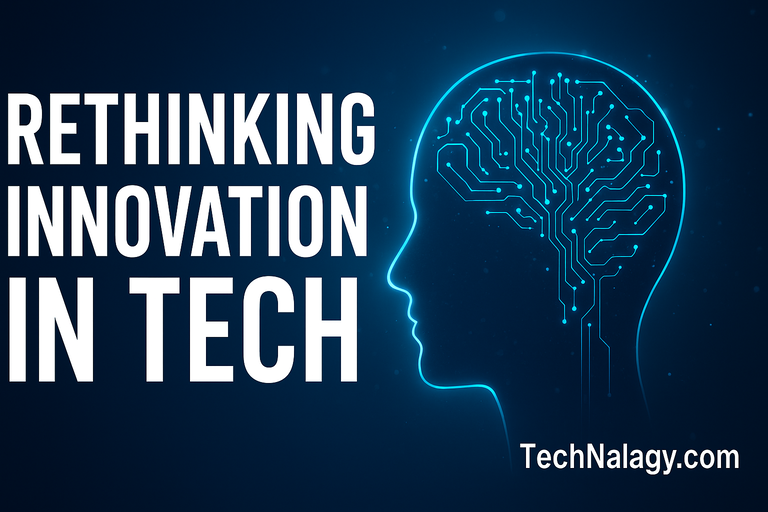Digital Rights in 2025: Who Really Owns Your Online Freedom?
Introduction
The way we live, work, and communicate today is shaped by digital technology. With every message we send, purchase we make, or location we share, our personal data becomes part of a vast, invisible economy. The question of digital rights—who owns them, who controls them, and how they shape our freedom—has become one of the defining debates of our era.
In 2025, the conversation about online freedoms is no longer confined to tech enthusiasts or policymakers. It’s a mainstream issue that touches everyone. From privacy and free speech to data ownership and algorithmic fairness, the struggle for control has intensified. The central question is urgent and complex: Who really owns your online freedom—you, governments, or the corporations that dominate the digital world?
Table of Contents
The Evolution of Digital Rights
From the Early Internet to Today
When the internet first became widely available, it was hailed as a digital frontier—an open space where ideas could flow freely. Early advocates believed in decentralization, open-source collaboration, and the principle of universal access. Digital rights were rarely discussed because freedom was assumed.
But as the internet expanded, commercialization took over. Corporations began building platforms that attracted billions of users, and governments started crafting laws to regulate online spaces. Gradually, the once-open frontier transformed into a highly regulated and monetized landscape.
Key Milestones in Digital Rights
Several moments stand out in the evolution of digital rights:
- GDPR (General Data Protection Regulation, EU, 2018): A landmark law giving European citizens more control over their data.
- CCPA (California Consumer Privacy Act, 2020): Set new standards in the US for consumer data protection.
- Net Neutrality Debates: Raised global awareness of who controls access and fairness in internet services.
Each milestone pushed the conversation forward, highlighting the tension between innovation, security, and individual freedom.
Digital Rights in 2025 – Where We Stand
Data as the New Currency
In 2025, personal data has become the most valuable commodity in the digital economy. Companies monetize it through targeted ads, predictive algorithms, and product development. For most people, “free” services like social media or search engines come at the cost of giving up digital rights over their personal information.
This exchange is rarely transparent. Many users don’t fully realize how much of their lives they’ve given away or how permanently their data is stored and used. These are not just legal questions—they are fundamental issues of power and ownership.
Ethical Dilemmas with AI and Automation
Artificial intelligence has accelerated the urgency of protecting digital rights. Algorithms now decide what news we see, what jobs we’re offered, and even how we’re judged in court systems. Yet these algorithms are often opaque, biased, and controlled by corporations with little accountability.
The ethical dilemmas are clear: should companies have the right to use our personal information to “train” AI systems? Should governments rely on predictive policing tools powered by private data? In 2025, the answers are far from settled.
Governments and Digital Rights
Regulation vs. Censorship
Governments claim to protect citizens’ digital rights, but their role is double-edged. Regulations like GDPR have empowered users, but in some countries, regulation slips into censorship. Authoritarian regimes often justify surveillance as “security” while suppressing dissent and controlling digital narratives.
The tension is visible worldwide: how do we ensure governments regulate responsibly without infringing on free expression?
Global Perspectives
Different regions approach digital rights in unique ways:
- European Union: Proactive regulation with strict privacy laws and AI oversight.
- United States: A mix of corporate self-regulation and fragmented state-level laws.
- China and Russia: Heavy surveillance and censorship models, prioritizing state power.
- Developing Nations: Struggles with enforcement arise from weaker institutions and limited infrastructure.
This global divide suggests that digital rights in 2025 are not universal—they depend heavily on where you live.
The Role of Big Tech in Shaping Online Freedom
Corporate Control Over Information
Corporations have become the new gatekeepers of digital space. Companies like Meta, Google, and Apple decide what content is promoted, how user data is managed, and even which political voices are amplified.
This corporate dominance raises tough questions: can users truly exercise digital rights if they rely on private platforms that profit from controlling information flow?
Technology Trends and Digital Rights
Emerging technologies are reshaping this debate. For example, spatial computing—the blending of digital and physical environments—creates both opportunities and risks. While it promises immersive experiences, it also expands surveillance possibilities, collecting intimate details about our physical movements, surroundings, and behaviors.
The future of digital rights will be defined not only by laws but also by how these technologies evolve under corporate influence.
Key Threats to Digital Rights in 2025
AI-Driven Surveillance
AI-powered facial recognition and predictive policing tools are already widespread. While they promise safety and efficiency, they also create unprecedented risks for privacy and freedom. Citizens may be monitored not for what they’ve done, but for what algorithms predict they might do.
Web3, Blockchain, and Ownership Concerns
Web3 advocates promise decentralization, giving individuals more control over their digital identities. Yet the reality is more complex. Blockchain technologies introduce questions about ownership of digital assets, intellectual property, and security risks. Are these new systems genuinely empowering, or simply shifting control to new kinds of gatekeepers?
IoT and Smart Cities
Smart homes and smart cities collect data continuously, from energy use to movement patterns. While these innovations improve convenience and efficiency, they pose critical questions: who owns this data, and how is it being used? Without strong safeguards, the digital rights of citizens may be sacrificed for corporate or governmental efficiency.
Protecting Your Digital Rights
What Individuals Can Do
Ordinary people are not powerless. By using VPNs, encrypted communication tools, and decentralized apps, individuals can reclaim some control over their digital rights. Awareness is key: knowing how your data is collected and demanding transparency from companies makes a difference.
Advocacy and Global Movements
Civil society has also become a crucial player. Organizations like the Electronic Frontier Foundation lead global campaigns to protect digital freedoms. From court battles to grassroots awareness, these groups push back against both corporate overreach and governmental abuse.
The Future of Digital Rights – Who Will Own Online Freedom?
Predictions for 2030 and Beyond
Looking ahead, the ownership of digital rights could take several paths:
- Decentralization through Web3: Greater individual control and reduced reliance on corporate giants.
- Corporate Consolidation: Continued dominance of a few powerful tech firms.
- Regulatory Balance: Stronger laws that empower citizens while preserving innovation.
The outcome depends on decisions made today.
Users, Governments, or Corporations?
The truth is, no single actor can fully “own” digital rights. Instead, the future will likely be a negotiation between users demanding freedom, governments seeking regulation, and corporations balancing profit with responsibility. The danger lies in allowing any one side to dominate unchecked.
Conclusion
In 2025, digital rights are at the heart of the struggle for online freedom. They define how we connect, how we express ourselves, and how much control we truly have over our digital identities.
The question—who truly owns your online freedom?—has no simple answer. What is clear is that these issues are too important to ignore. Individuals, governments, and corporations all shape the outcome.
Your online freedom will not survive by accident; it demands vigilance, awareness, and action. Safeguarding these freedoms is essential in the digital age.

Kamran Khatri is the founder of technalagy.com, where he shares insights on AI, future tech, gadgets, smart homes, and the latest tech news. Passionate about making innovation simple and accessible, he writes guides, reviews, and opinions that help readers stay ahead in the digital world.







